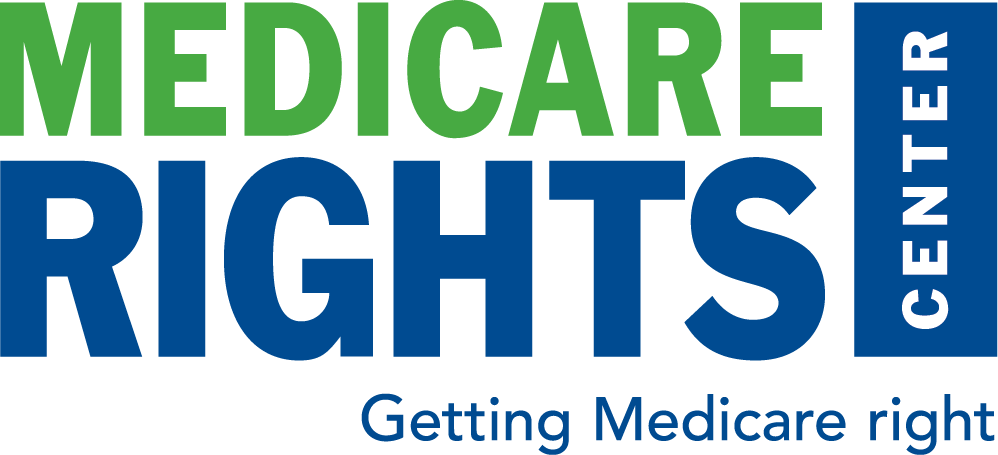Medicaid Work Requirements Create Uncertainty for Older Adults, People with Disabilities, and their Caregivers
- By Lindsey Copeland
- February 1, 2018

The Trump Administration recently announced that it will allow states to require Medicaid recipients to work, take job training, or do community service to stay eligible for the program. To date, ten states have asked to make this change, and the administration has given the greenlight to the first—Kentucky.
What will the requirement mean for older adults, younger people with disabilities, or their family caregivers? In general, older Medicaid recipients (starting between the ages of 50 and 65, depending on the state) would be exempt from the work requirement. Thus, an 85-year-old widow with dementia will not have to get a job in order to keep her nursing home benefits.
But after that, it gets murky. The new guidelines, issued by the Centers for Medicare & Medicaid Services (CMS), give states broad flexibility in how they would impose these new requirements, giving them latitude, for example, to define “disability” for purposes of coverage and the work requirements.
And when it comes to caregivers, it gets even more complicated. Imagine an adult daughter who spends so much time caring for her aging parents that she loses her job. That’s not unusual: One-quarter of family caregivers say they spend 40 hours a week helping relatives. As a result, the daughter becomes a Medicaid beneficiary. If her state imposes work requirements, she may lose her Medicaid benefits—and thus access to health care– unless she gets a paying job or meets other standards.
The bottom line? Medicaid’s new work requirement won’t encourage large numbers of non-disabled adults to get a job. Most who can work, already do. But it will generate a lot of uncertainty for people with disabilities and their family caregivers—who already have enough to worry about.
Often called the “duals,” there are 11 million individuals who have both Medicare and Medicaid coverage.
The Latest
Most Read
Add Medicare to Your Inbox
Sign up to receive Medicare news, policy developments, and other useful updates from the Medicare Rights.









